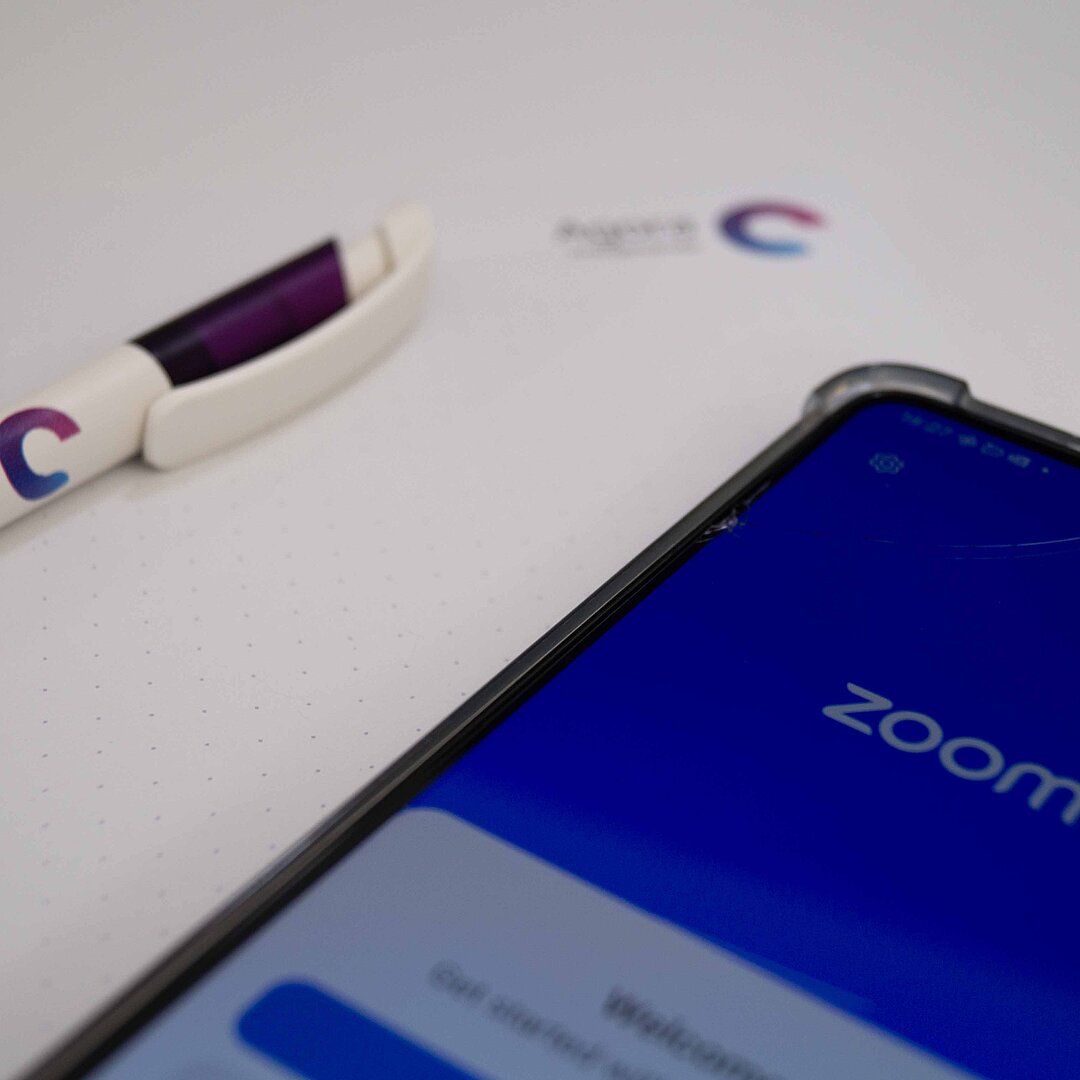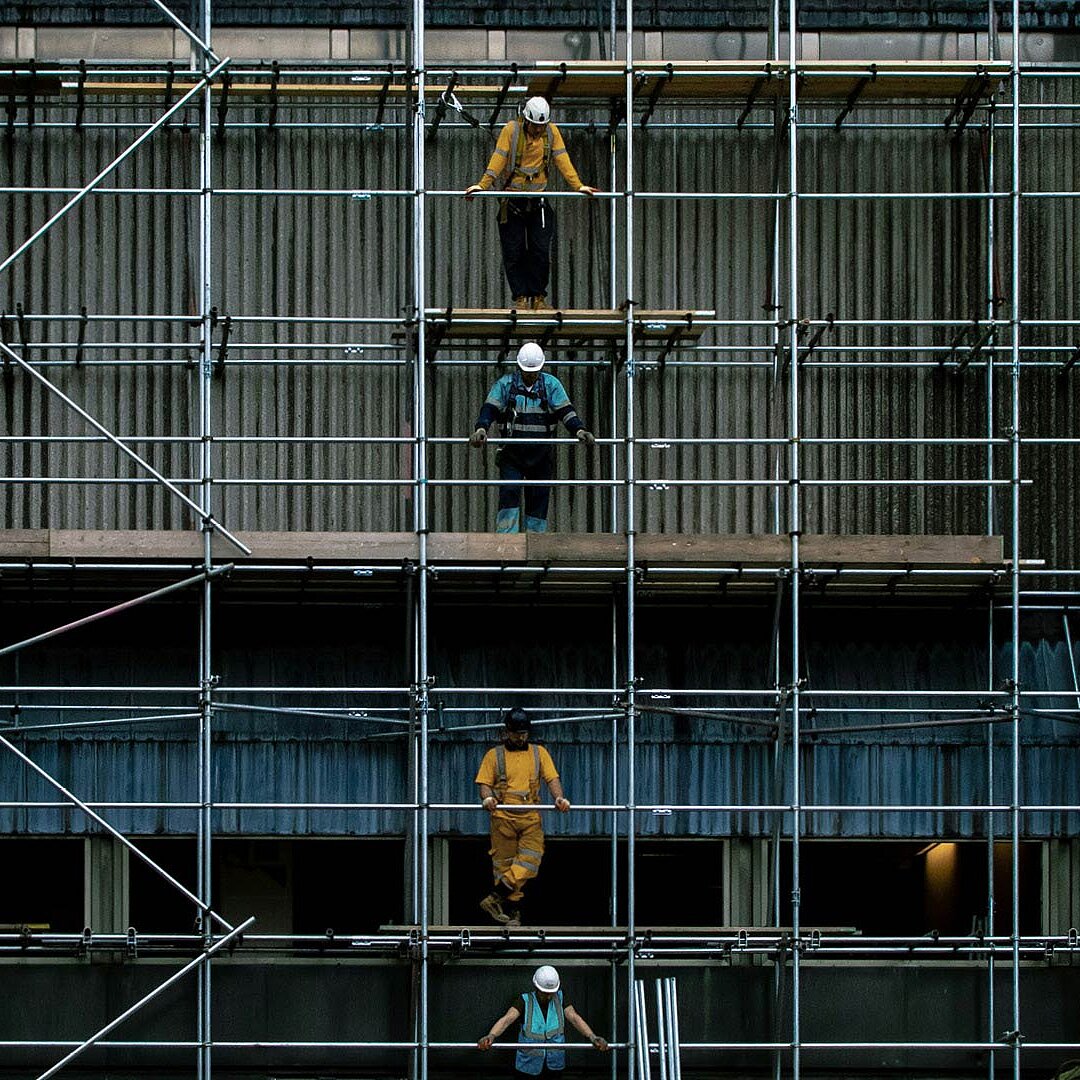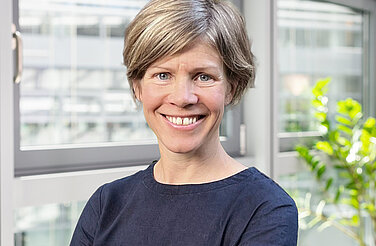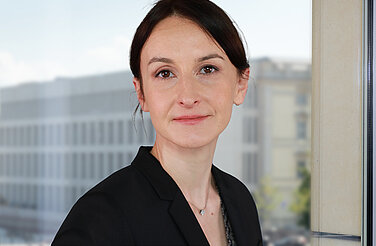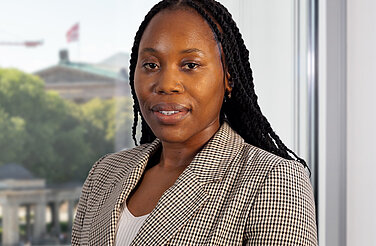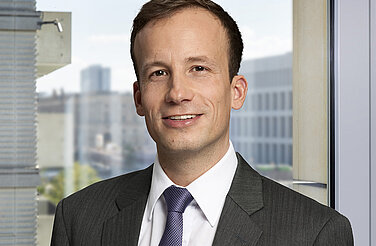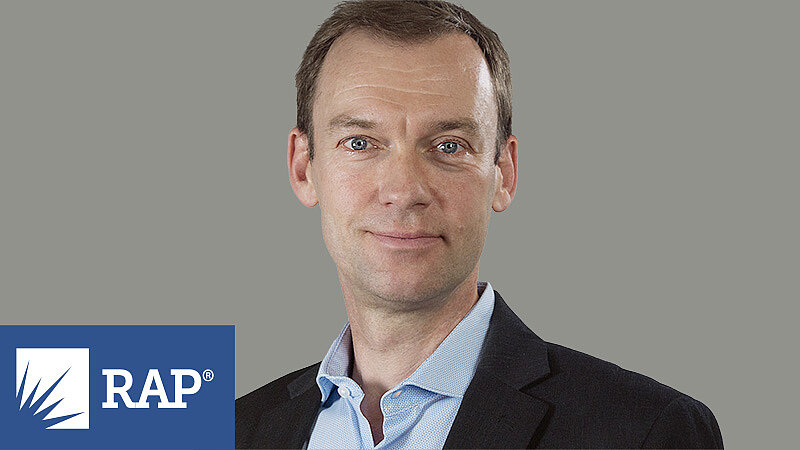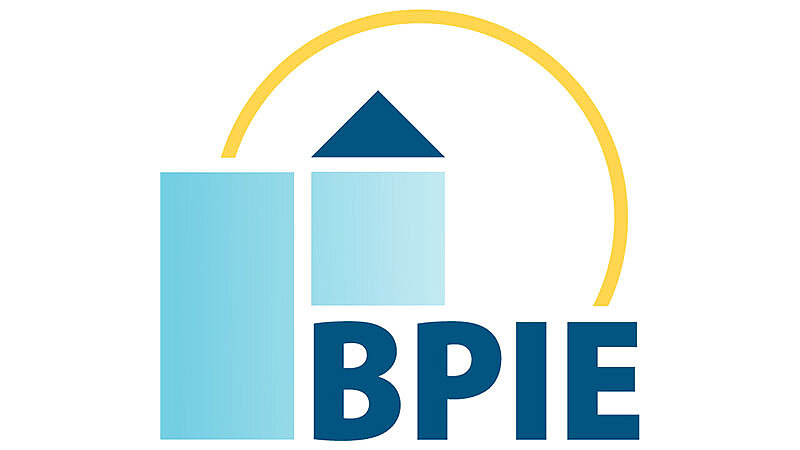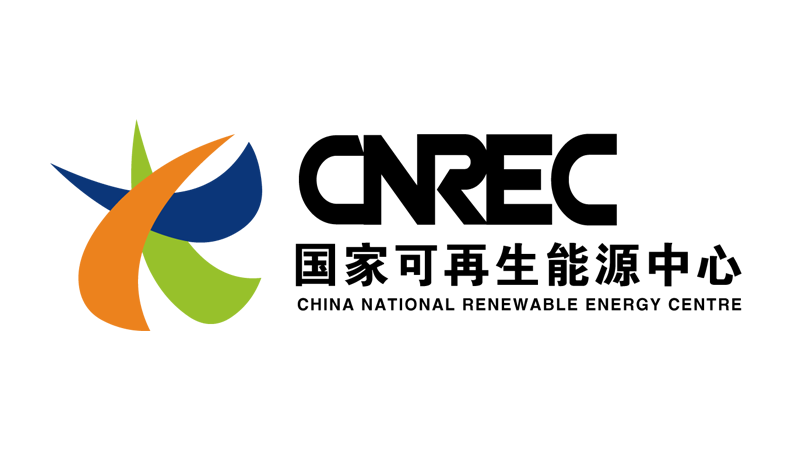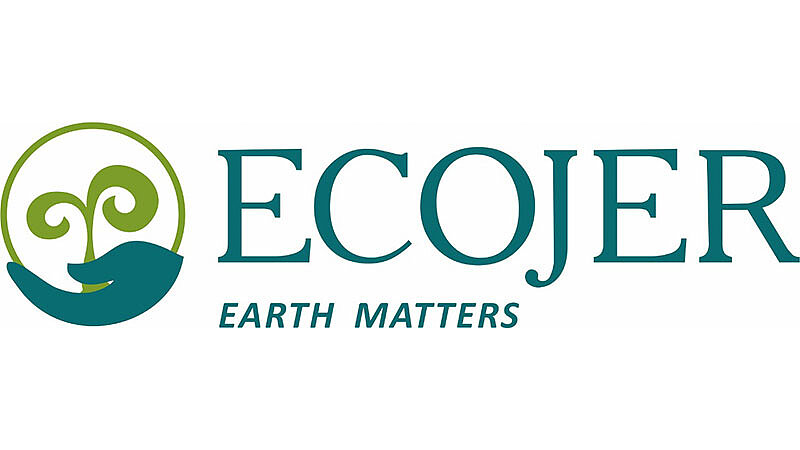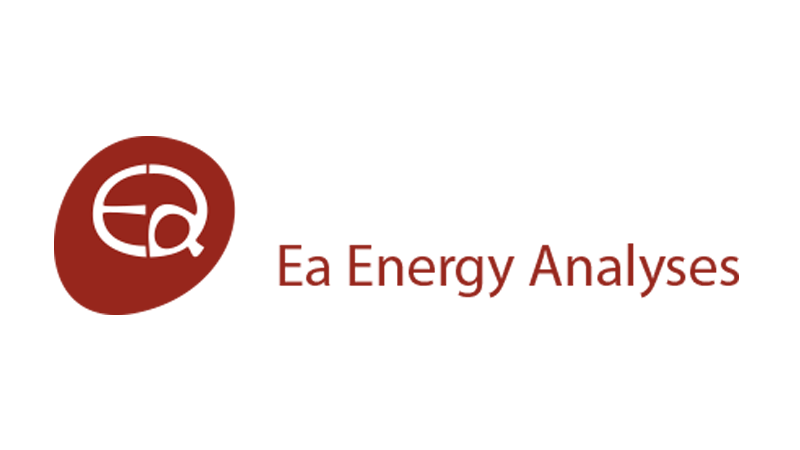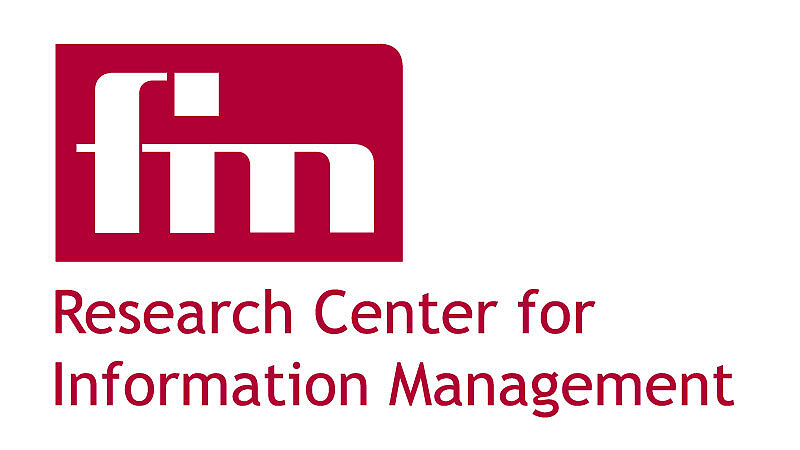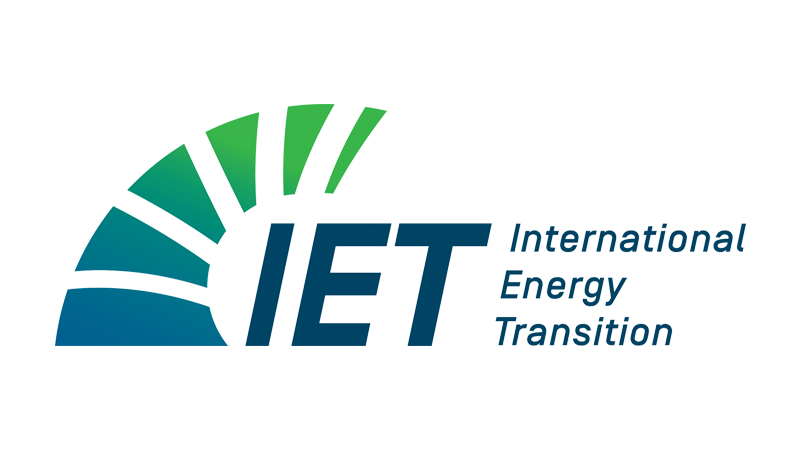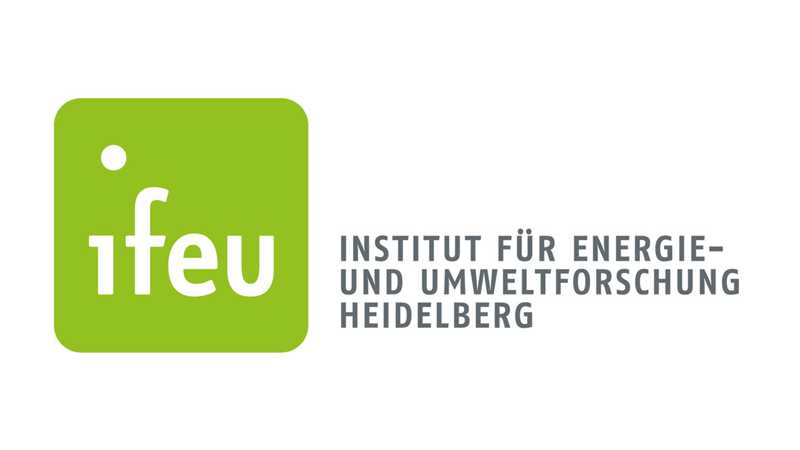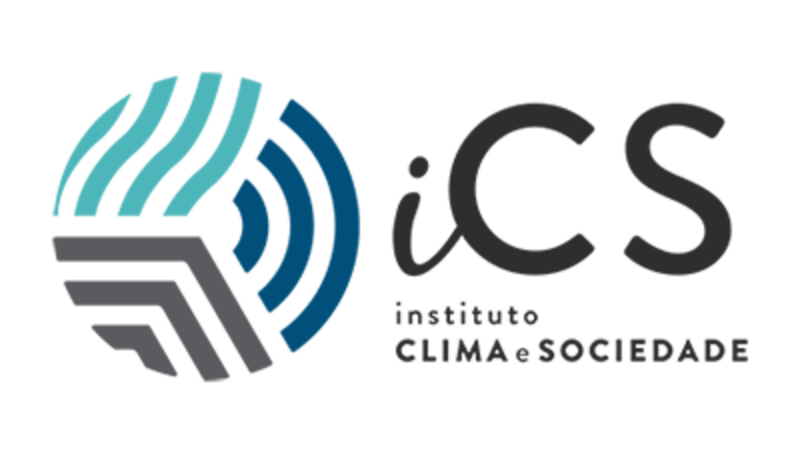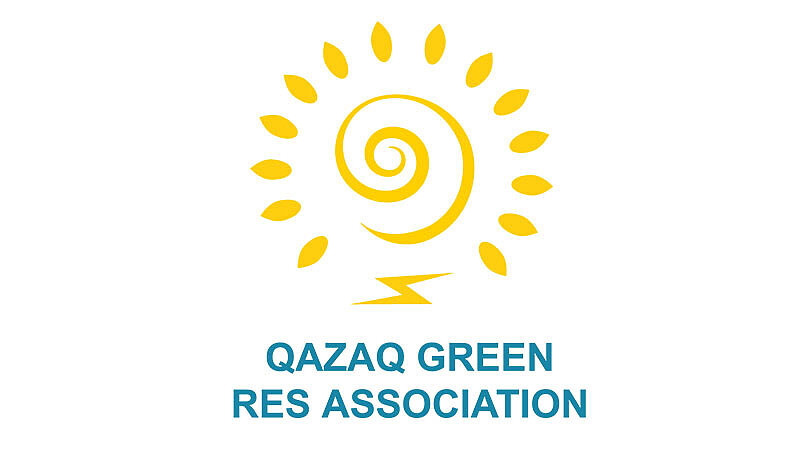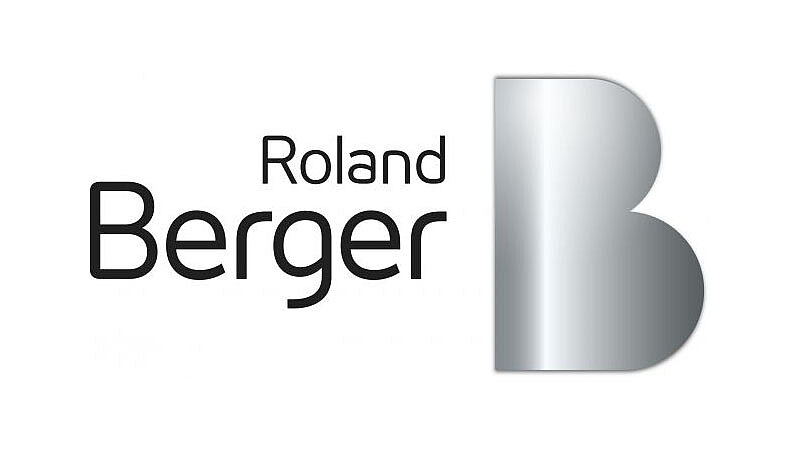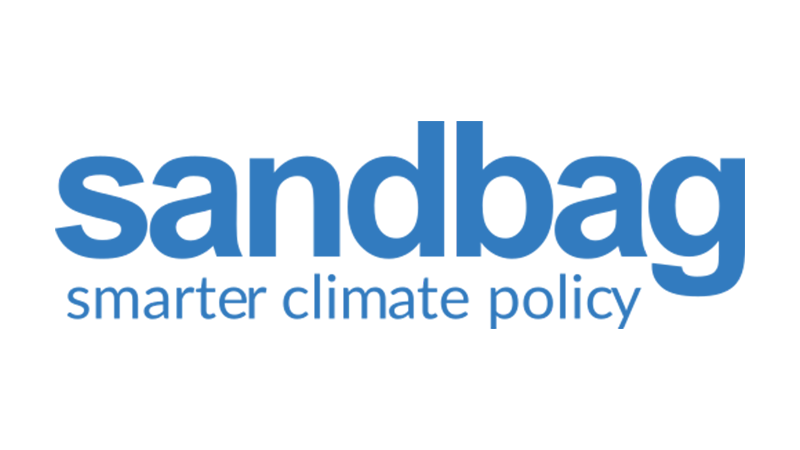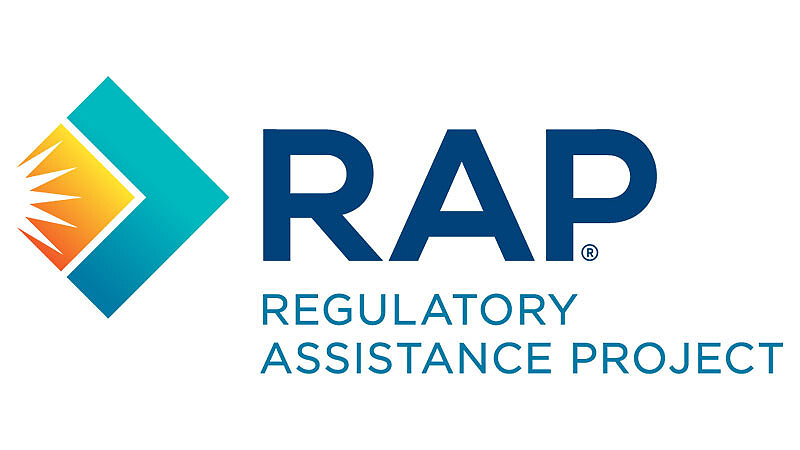This content is also available in: German
Zero-emissions power systems
Zero-emissions power systems will enable a rapid transition to climate neutrality across the entire economy.
Moving away from fossil fuels to renewable energy-based power systems is at the core of the global transition to climate neutrality. The speed of renewables expansion sets the pace for the transition to a zero-emissions power system.
A power grid based predominantly on variable renewables such as solar and wind power brings its own challenges. Several flexibility options such as demand side response or battery storage on a broader scale than today will enable to smoothen fluctuations in power feed-in and ensure security of supply. Reinforcing the power grid is an important enabler of a higher penetration of renewable electricity. If power grids span broader geographic areas, it is cheaper and easier to balance the system with geographic divergences between supply and demand. Renewable hydrogen will play an important role as a back-up option to replace fossil gas in thermal power plants and tackle longer periods of low feed-in from wind and solar (“dark doldrums”).
A zero-emissions power system will be much more decentralised, it will have a high share of renewables, significant flexibility, and an active demand-side. Large and small producers will generate electricity at every level of the grid. Increasingly emissions-free electricity will enable fast and efficient emission reductions in the transport, buildings, and industry sectors. Furthermore, batteries in electric cars and home storage systems as well as flexible power demand of large industrial consumers will enable the system integration of variable renewable electricity from solar PV and wind.
A broad policy mix is necessary to enable zero-emissions power systems. It includes regulation, market mechanisms and public financing tools. Priorities depend on the status of the power system transition in a specific geography. In Germany, our work currently focuses on simplifying renewables permitting and land access or anticipating the role renewable hydrogen in a power system that should be zero emissions already in 2035. At the EU level, Agora works on power market design rules and elements of power system flexibility to enable at least 70 percent renewable power share by 2030. In Southeast Asia, East Asia, and China we provide support for the development of robust policy and regulatory frameworks to attract greater renewable energy investment, establish effective price signals and reduce financing costs; also to prevent fossil fuel lock-ins.

